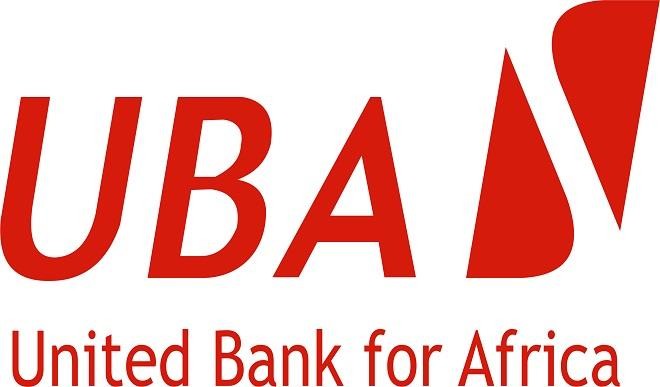Contrary to the recent assurance by President Muhammadu Buhari that he will not add more sufferings on Nigerians, less than one week after the assurance; the Federal Government has announced two more oppressive tax regimes.
The first was the hiking of Value Added Tax (VAT) from current 5% to 7.2% which has been roundly rejected by Nigerians and the latest introduction of surcharges on cash withdrawals and deposits from N500,000.
However, the House of Representatives Thursday directed the apex bank to suspend the charges which it claimed will fast-forward uptake of cashless regime.
The house ruled that the suspension should remain until the CBN had made due consultations with all relevant stakeholders.
The call for the suspension was contained in a motion unanimously adopted during Thursday’s plenary, which was moved by Chairman of the House Committee on Media and Public Affairs, Mr. Benjamin Kalu.
Coming with titled: ‘Need to Suspend the Implementation of the Cashless Policy on Deposits by the Central Bank of Nigeria,’ the lawmakers, who adopted the motion in unison, resolved to urge the CBN to “suspend the implementation of the cashless policy on deposits which has taken effect from Wednesday, 18th September, 2019, until appropriate and extensive consultative process is concluded.”
Part of the adopted resolutions on the matter is to cause the House Committee on Banking and Currency to interface with the CBN to “ascertain the propriety, relevance and the actual need for the implementation of that aspect of the cashless policy at this time, considering the prevailing economic situation of the country and to report back to the House within four weeks.”
Earlier in his presentation of the motion adjudged as a matter of urgent national importance, Kalu averred that “The House is deeply worried that the implementation of cashless policy on withdrawals has negative impacts on micro, mini, small and medium scale enterprises, which are clearly the engine room for growth of the economy and employment generation, thereby throwing many of them out of business and sending more Nigerians into poverty forcing more traders and micro investors to carry cash about with its attendant security challenges.
According to him, “The House is aggrieved that while the impact of the cashless policy on withdrawals is still staring us all in our faces as well as other numerous burdensome charges by Nigeria’s Money Deposit Banks heavily impacting on businesses, the CBN deemed it necessary to impose the implementation of cashless policy on depositors ,without due consultations with all shades of stakeholders who will be impacted by the policy.
“The House is concerned that this overbearing burden aimed at closing down majority of micro, mini, small and medium businesses in Nigeria, is also aimed at enriching Nigeria’s Money Deposit Banks owned by a privileged few without any known financial contribution to the Consolidated Revenue Fund of the Federation.”
In his further submission, Kalu recalled that the policy on cash-based transactions (withdrawals) in banks was aimed at reducing and not eliminating the amount of physical cash (coins and notes) circulating in the economy, and encouraging more electronic-based transactions, including payments for goods and services, and transfers.
With the latest charges, taxes Nigerians have to pay for just banking transaction have jumped from seven to nine. They include Deposit Charges, Withdrawal Charges, SMS Charges, Commission on turnover (COT), Card Replacement Charges, VAT, Account Maintenance, Stamp duty, and Money Transfer Fees.
Business Hilights recalls that the new CBN charges which it claimed is to drive cashless policy provides that “When you make a deposit N500,000 in your account, CBN will take 2% which is N10,000 and Your balance will be N490,000. If you withdraw the whole N500,000 the owners of Aso Rock and CBN will take 3% N15,000.
Add the deposit percentage (2%) + withdrawal percentage (3%) = N10,000 + N15,000 = N25,000. This new charges are applicable in six states and FCT Abuja, where businesses are having serious issues due to dearth of infrastructure.”









